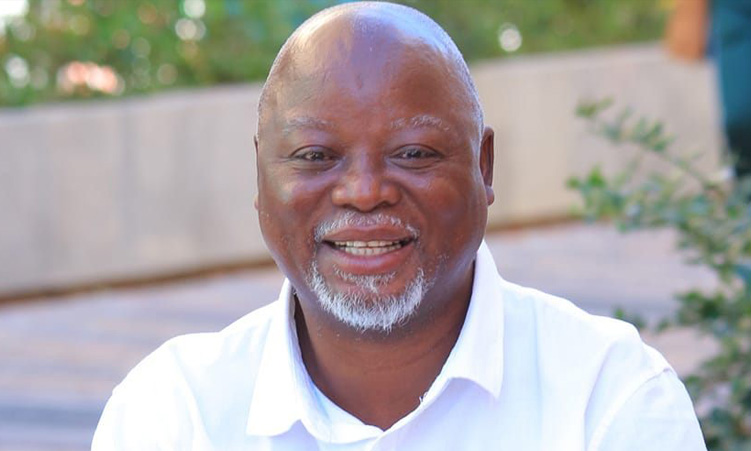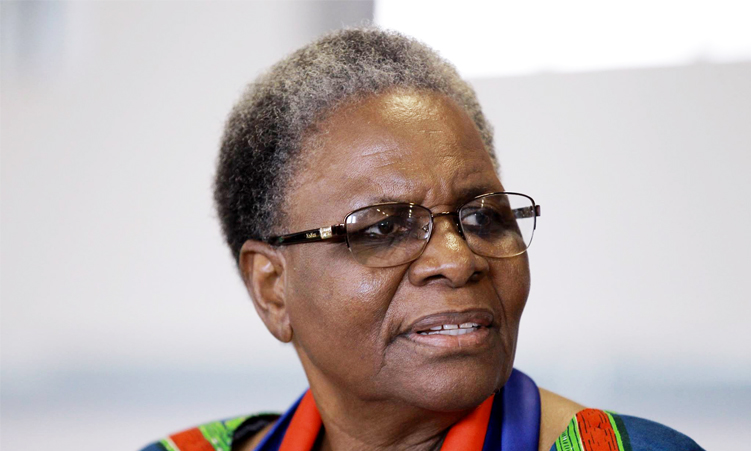As a scholar, an academic and a member of the University of Namibia (Unam) community, I find myself at odds with the institution’s recent decision to ban political activities on its campuses.
While the university may present this policy as a neutral stance to maintain order and focus on learning, I believe it is not only counterproductive but also colonial and detrimental to the very spirit of freedom and democracy that many died for.
By its very nature, a university is not just a space for academic learning, but a fertile ground for political ideas, intellectual curiosity and social transformation.
To stifle political activity on campus is to stifle the growth of minds and the exchange of ideas essential to our collective progress as a society.
What do political activities entail? Unam must be clear here.
THE ROLE OF UNIVERSITIES
I use two strands of politics to analyse this.
From a philosophical perspective, the role of universities has long been debated. The classic view of the university, stemming from thinkers such as Plato and Aristotle, is that it should be a space for developing critical thinking, moral character and civic responsibility.
The concept of the academy, originating with Plato’s own school, was inherently political; it sought to prepare individuals not just for personal enlightenment, but for their roles as engaged and ethical citizens of the polis, or city-state.
In this sense, universities are not merely spaces for acquiring knowledge, but are integral to shaping the political and social order.
By banning political activities, Unam risks adopting a conservative philosophy that prioritises order and control over freedom of thought and intellectual engagement.
This is in direct contradiction of the historical role universities have played in Africa’s liberation struggles and the development of post-colonial societies.
Many of Africa’s most prominent leaders, thinkers and freedom fighters – who played pivotal roles in dismantling colonialism and shaping modern African states – were moulded in the political environments of historical institutions.
These included the former Academy (here), Makerere University, University of Dar es Salaam, University of Fort Hare , University of Western Cape and various universities across the United States and Europe.
It was within these spaces that they were exposed to radical and revolutionary ideas, developed political consciousness and organised resistance movements against colonialism.
These leaders, including Namibia’s own liberation stalwarts, drew strength from the freedom of thought and political activism that flourished within the walls of universities.
LEGACY AND PUBLIC SPACES
Unam itself is deeply rooted in the ideas of struggle and freedom.
Established after independence, the founding of the university was driven by a desire to build a knowledge-based society that would foster the democratic principles for which many Namibians fought and died.
The banning of political activities on campus betrays this legacy.
Instead of fostering an environment where students can critically engage on political issues – be it national, continental, or global – the ban encourages passivity and detachment.
It sends a message that political engagement is somehow separate from education, when in fact the two are intrinsically linked.
From a political economy perspective, Unam’s ban move is a trend towards depoliticising public spaces in order to maintain the status quo.
Historically, universities have been hotbeds of political radicalism, social movements and democratic uprisings, because they provide spaces where the youth can challenge existing power structures.
The ban on political activities at Unam may be a reactionary measure aimed at curbing this potential by transforming the university into a politically neutral zone. This is a dangerous development because it disempowers the very demographic– young people – who had historically been at the forefront of democratic movements and social change.
THE ESSENCE OF DEMOCRACY
Moreover, in the context of Namibia, where the ruling party has a dominant influence on political life, silencing political discourse at university level is an attempt to limit the emergence of alternative political voices.
This goes against the very grain of democracy, which thrives on pluralism, open debate and the contestation of ideas.
A healthy political culture requires that young people are not only free to express their views, but are encouraged to engage with political issues, critique policies, and envision alternative futures for their society.
A university that restricts this engagement is not fulfilling its role in fostering democratic citizenship and meaningful education.
- • Ndumba J Kamwanyah studies the interplay of social welfare policy, democracy and development.
Stay informed with The Namibian – your source for credible journalism. Get in-depth reporting and opinions for
only N$85 a month. Invest in journalism, invest in democracy –
Subscribe Now!






